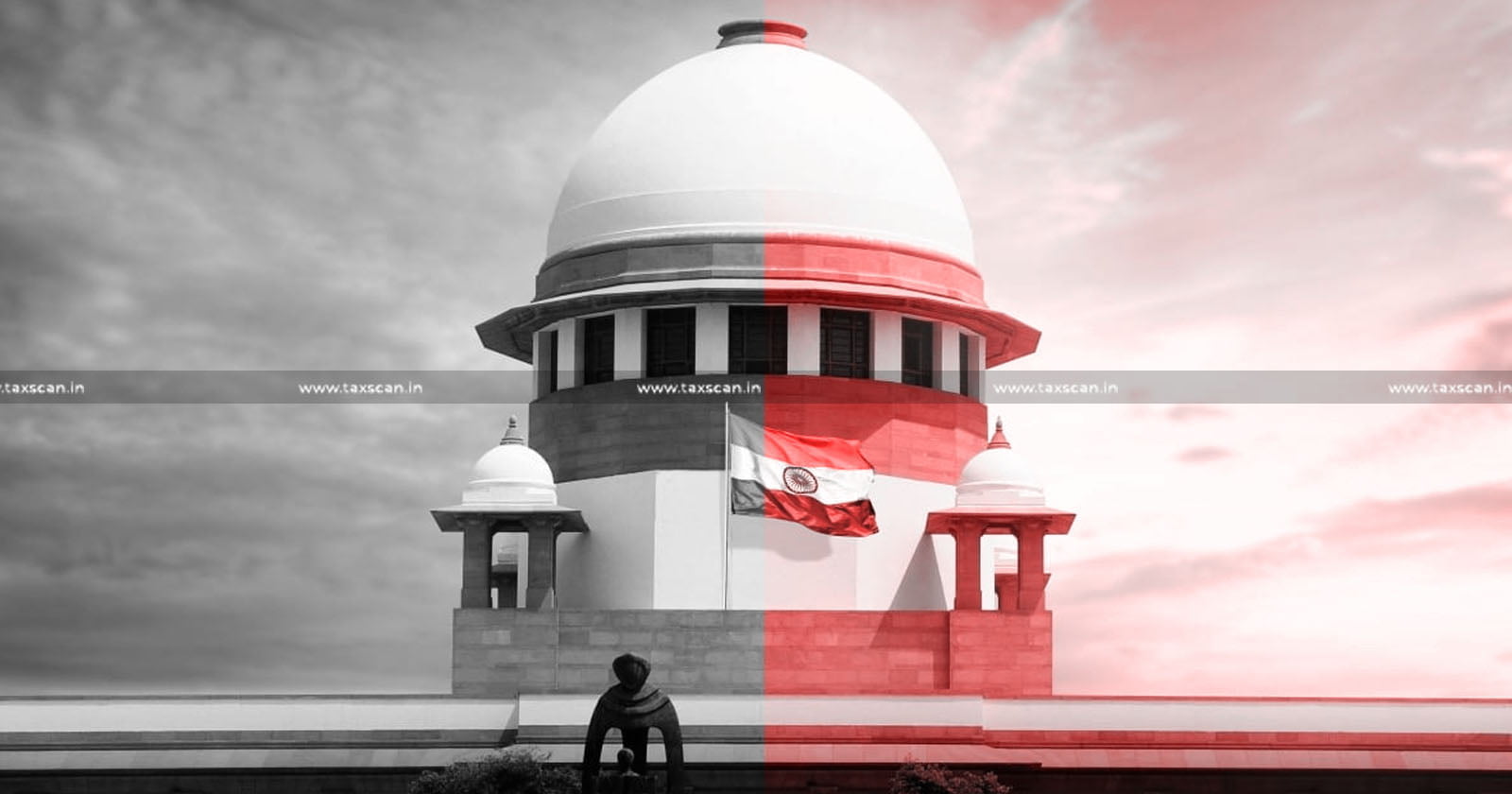SC to hear NFRA Jurisdiction Dispute against Telangana HC Order staying Proceedings against Audit Firm on 13th October

SC – NFRA – SC to hear NFRA Jurisdiction Dispute – Jurisdiction – taxscan
SC – NFRA – SC to hear NFRA Jurisdiction Dispute – Jurisdiction – taxscan
On October 13, the Supreme Court is scheduled to consider an appeal filed by the National Financial Reporting Authority (NFRA), which is the audit watchdog in India. This appeal is in response to a decision by the Telangana High Court that stayed NFRA's proceedings against an audit firm.
The High Court's rationale for this stay was based on its initial assessment that NFRA might not possess the authority to oversee audits conducted in the past. The apex court will review NFRA's challenge to the Telangana High Court's decision, which questions NFRA's jurisdiction over retrospective audit matters.
The recent directive from the highest court to issue a notice to the audit firm P. Murali & Co. and to schedule a hearing for the audit watchdog's appeal next month indicates that the question of the NFRA’s authority over audits conducted prior to its establishment will be resolved at the highest legal authority.
The Telangana High Court, in the case of M/s P. Murali & Co. Chartered Accountants Vs. NFRA, regarding the retrospective jurisdiction of NFRA in audit matters stated that “Law passed today cannot apply to the events of the past. If we do something today, we do it keeping in view the law introduced for the first time to deal with future acts ought not to change the character of past transactions carried-on upon the faith of the then existing law.”
The High Court further stated that “The obvious basis of the principle against retrospectively is the principle of "fairness", which must be the basis of every legal rule as was observed in L'Office Cherifien des Phosphates v. Yamashita Shinnihon Steamship Co.Ltd. Thus, legislations which modified accrued rights or which impose obligations or impose new duties or attach a new disability have to be treat as prospective unless the legislative intent is clearly to give the enactment a retrospective effect; unless the legislation is for purpose of supplying an obvious omission in a former legislation or to explain a former legislation".
Support our journalism by subscribing to Taxscan premium. Follow us on Telegram for quick updates


